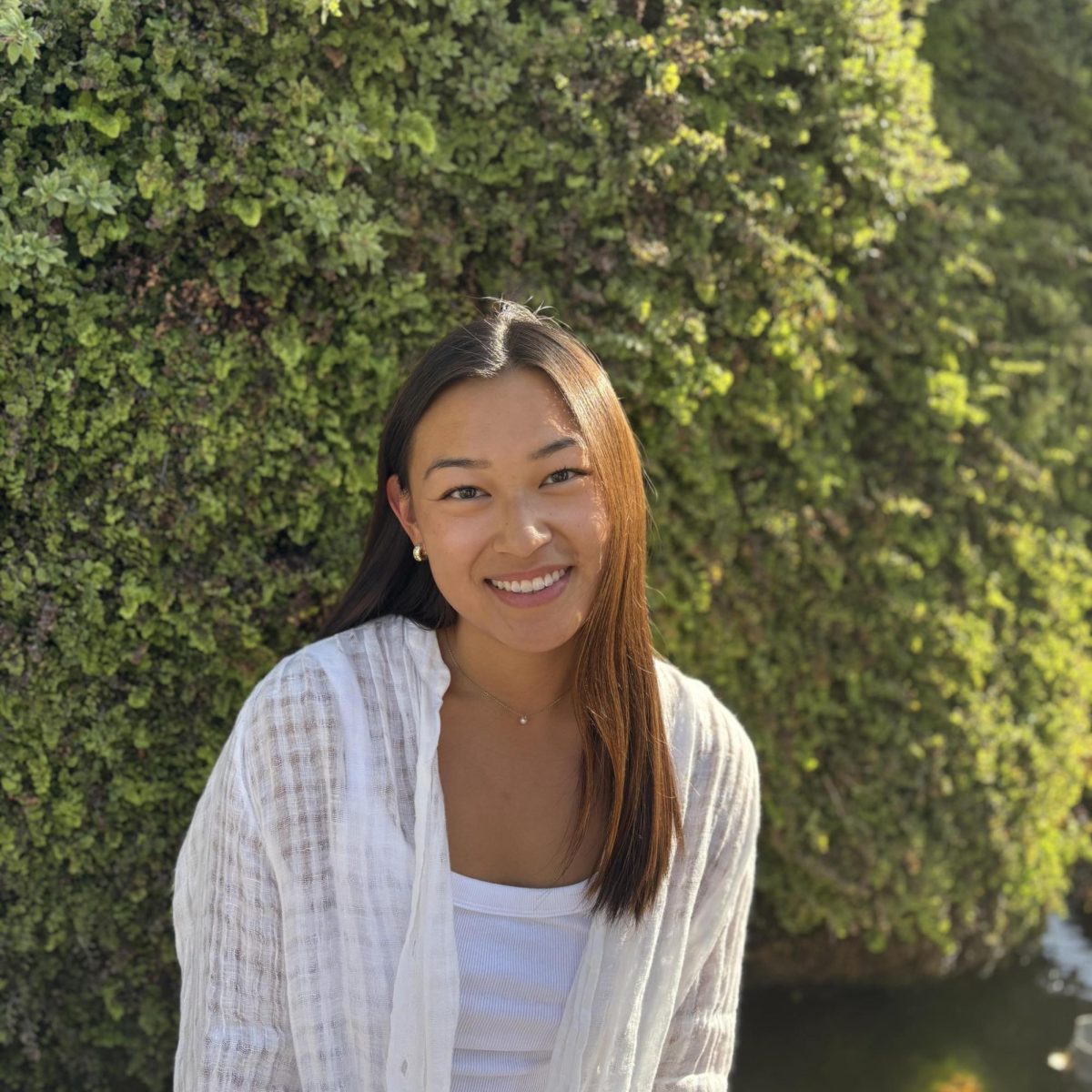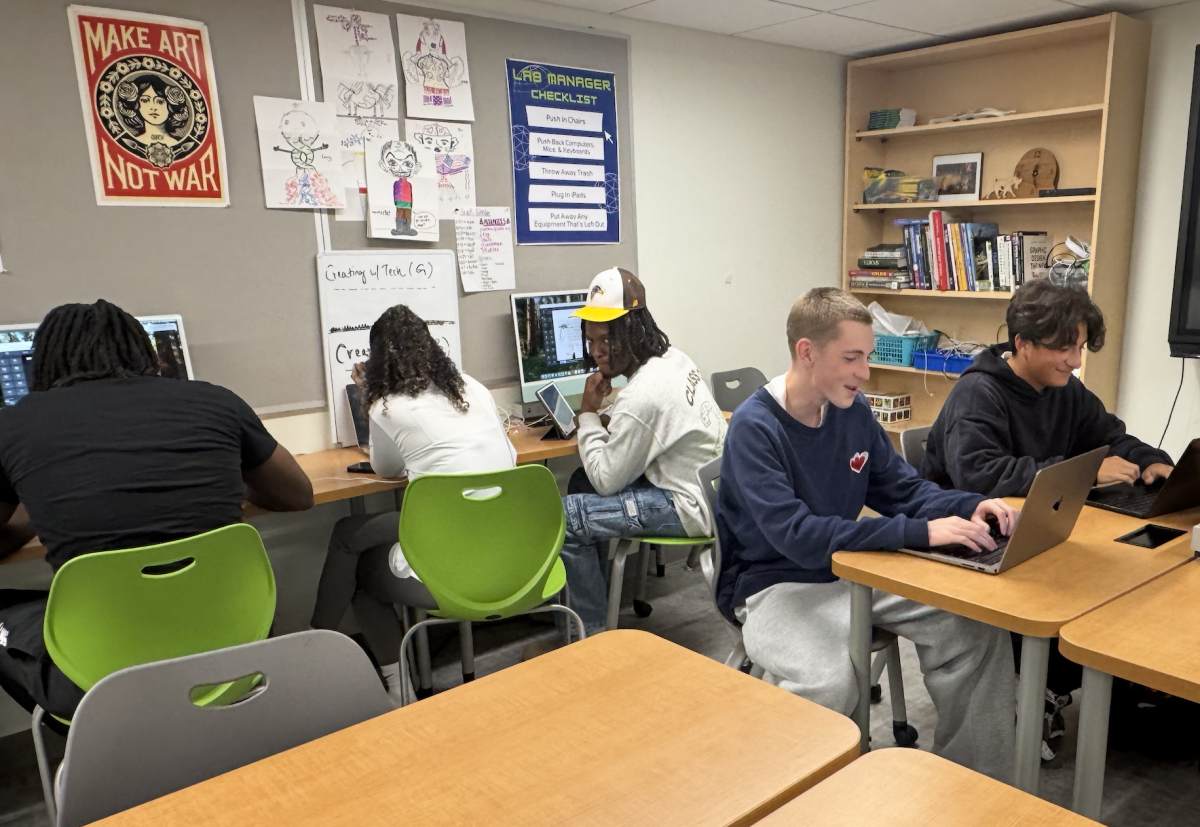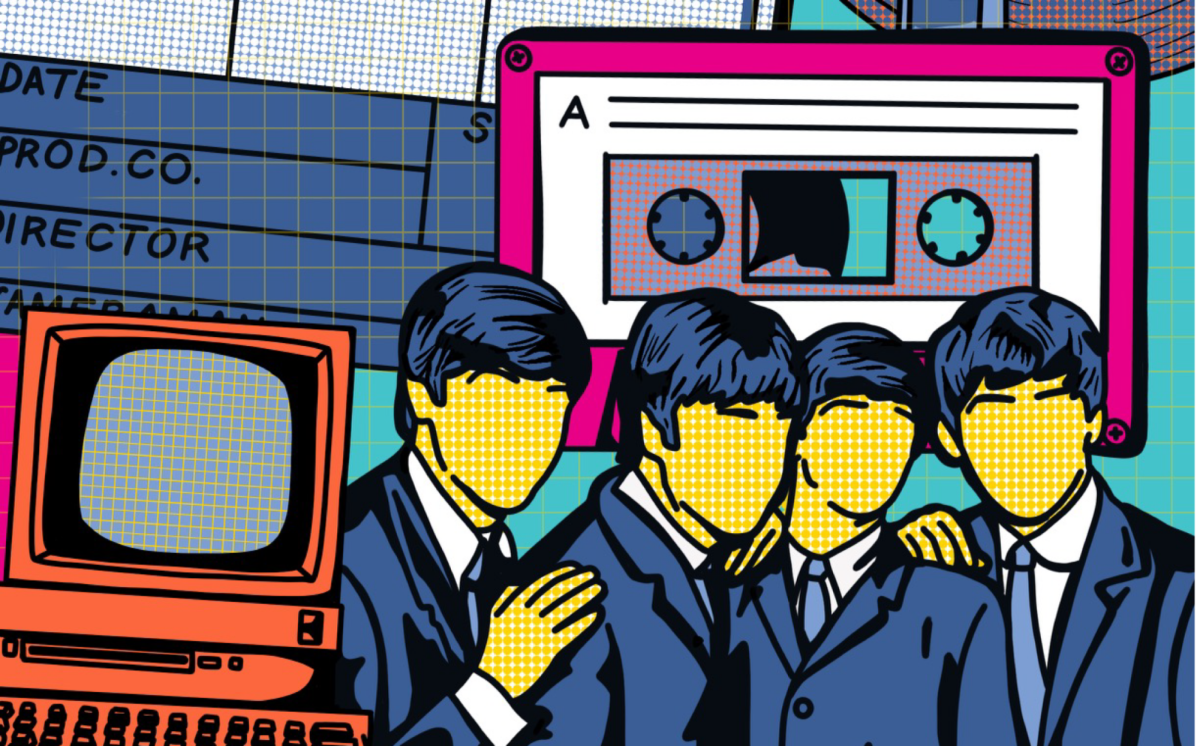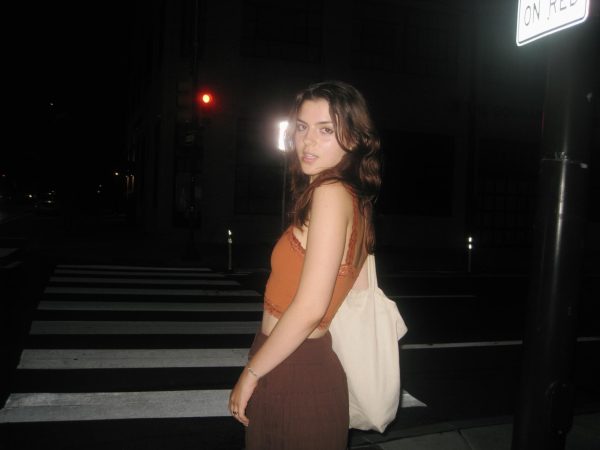How do teachers hold student attention? Is it even possible given how short our attention span is collectively becoming? Maybe the secret is to combat the attention issues with the culprit – bringing pop culture into FSS classrooms.
According to Buffer.com, TikTok has around 1,200,000,000 users monthly – almost half are under the age of 30. Instagram has almost double that number. As of 2024, Spotify has 246,000,000 active users. Pop culture (popular culture), defined by Dictionary.com, refers to “cultural and commercial artifacts, media, and entertainment reflecting, suited to, or aimed at the tastes of the general masses of people”. Social media has become one of the most accessible ways to source pop culture for our generation, and it is, frankly, incredibly palatable. According to Northeastern Global News, the average attention span has decreased by more than half over the past two decades. The current average attention span is 45 seconds.
TikTok videos are generally 15 seconds, give or take. Instagram Reels are of a similar length. The influx of podcast consumption makes media-multitasking seamless. Most media sharing services have become relatively thoughtless. That being said, the average Friends Select school day is 7 hours – how can teachers hold attention for an entire class period while battling attention spans of less than a minute? Are movies and books zeitgeist-y enough to be considered pop culture nowadays?
Eric Eisner from Education Week poses the question, “How can we make the classroom more engaging than TikTok, especially for our least motivated students?” and answers that curricula need to be stimulating beyond just being engaging for students who struggle with attention. He also argues that it is not a universal issue for students to be more interested in social media (and popular culture) than they are in school; students who value their education above everything else in their lives can get their work done regardless. Perhaps in a school with more traditional values, the hope would be that students would just sit and focus – but in a progressive, Quaker school, the teachers want the students to have genuine interest in what they are learning, even if that means bringing in aspects of the current media world.
Pop culture means something different to each teacher. According to Miriam Rock, eleventh grade English teacher, “Your (students’) pop culture and my pop culture are no longer the same thing.” Miriam generally brings in her own expertise on classical and pre-contemporary literature to help her students understand the texts, and then uses pop culture media to explain why it matters in our contemporary world – The Bachelor, for example. Her new course, Exploding the Canon: Ancient Texts in Modern Contexts, converges old literary works with modern conversation. “You need the historical context to understand why the cultural phenomena are interesting. The work that we do in our classes – of helping students be critical thinkers and conscious consumers – can be applied and can be honed in the pop culture spheres.”
Miriam has a point that seems to be reflected pretty widely by other teachers. According to Dr. Susan Huber from the University of St. Thomas, “I am not encouraging teachers to sit back and let their students watch plots unfold on the screen in lieu of reading classic works. However, I suggest that teachers construct lessons that incorporate active learning with traditional instruction and weave popular culture into the curriculum.” Therefore, it is important to tie pop culture into the school curriculum to aid in the understanding of the material, not to simply make class more exciting.
“Students already have what a handful of scholars call ‘precious knowledge’ that is the knowledge that they experience around them, whether this is from their ancestors, family, friends, school, spirituality, sexual orientation, religion, and/or via pop culture,” says Maria Fernanda Marquez, Upper School Spanish teacher. Maria offers opportunities for her students to explore music, social media, and social justice to better engage with the language and Latin-American culture. She walks the walk when it comes to encouraging student engagement.
Teachers source their content from a variety of places. Keeping up to date with any media is one thing, but keeping up with teenage popular culture is another. “Playing music (I like asking students for song recs); the occasional meme; parallels between the past and present (e.g., comparing Elon Musk to Gilded Age billionaires)” says Dave Marshall, eleventh grade History teacher. Dave is a frequent respondent on Falcon surveys and clearly finds value in engaging with his students. It is no surprise that he asks his students personally for tools to improve real-world connections.
Suzanne Morrison, Chair of the English Department, teaches a class on speculative fiction. For this, she sources media from “TV series and movies (zombies, horror, sci-fi – mainly episodes from Black Mirror)”. Her Gothic Literature class from the 2022-23 school year featured Blade Runner as a focal point. This allowed her students to immerse themselves into the lessons better, given that the movie served as a connection among the different aspects of the class.
Some teachers do not feel passionately about implementing pop culture into their lessons, but are not opposed. According to Jillian Waldman, Ninth Grade Physics teacher, “If I can think of memes or examples from pop culture I like to pull them in”, but it can become difficult to source media that applies. Jillian does a great deal of hands-on experimentation in her classes, allowing students to understand the subject from the results of their own work. In regards to the value of implementing pop culture, she says, “Isn’t the whole point of teaching science to try to convince students that science is relevant to their lives? (And it is!)”
Regardless of how pop culture is implemented, it is ever-present, in and out of school. It is human nature to make connections among subjects that relate to one another. Miriam offers a question to a potential FSS student audience: what are the pop culture mediums that people are paying attention to? Perhaps this is a conversation for teachers and students to engage in – or for the comments section of this article.
______________________________________________________________
Bibliography
Dean, Brian. “Spotify User Stats.” Backlinko.com. Last modified April 4, 2024. https://backlinko.com/spotify-users.
Eisner, Eric. “How TikTok and YouTube Made Me a Better Teacher.” Education Week. Last modified January 12, 2023. Accessed May 7, 2024. https://www.edweek.org/teaching-learning/opinion-how-tiktok-and-youtube-made-me-a-better-teacher/2023/01.
Huber, Susan. “Pop Culture and the Pedagogue.” University of St. Thomas. Accessed May 7, 2024. https://news.stthomas.edu/publication-article/pop-culture-and-the-pedagogue/.
Moulton, Cyrus. “Squirrel! Why Attention Spans Seem to Be Shrinking and What We Can Do about It.” Northeastern Global News. Last modified January 23, 2024. Accessed May 7, 2024.https://news.northeastern.edu/2024/01/23/decreasing-attention-span/#:~:text=Computer%20scientists%20and%20psychologists%20have,minutes%20to%20around%2045%20seconds.
Olapido, Tamilore. “23 Top Social Media Sites to Consider for Your Brand in 2024.” Buffer.com. Last modified April 24, 2024. Accessed May 7, 2024. https://buffer.com/library/social-media-sites/#6-tiktok-%E2%80%94-122-billion-maus.
“Pop Culture.” Dictionary.com. Accessed May 7, 2024. https://www.dictionary.com/browse/pop–culture.






























